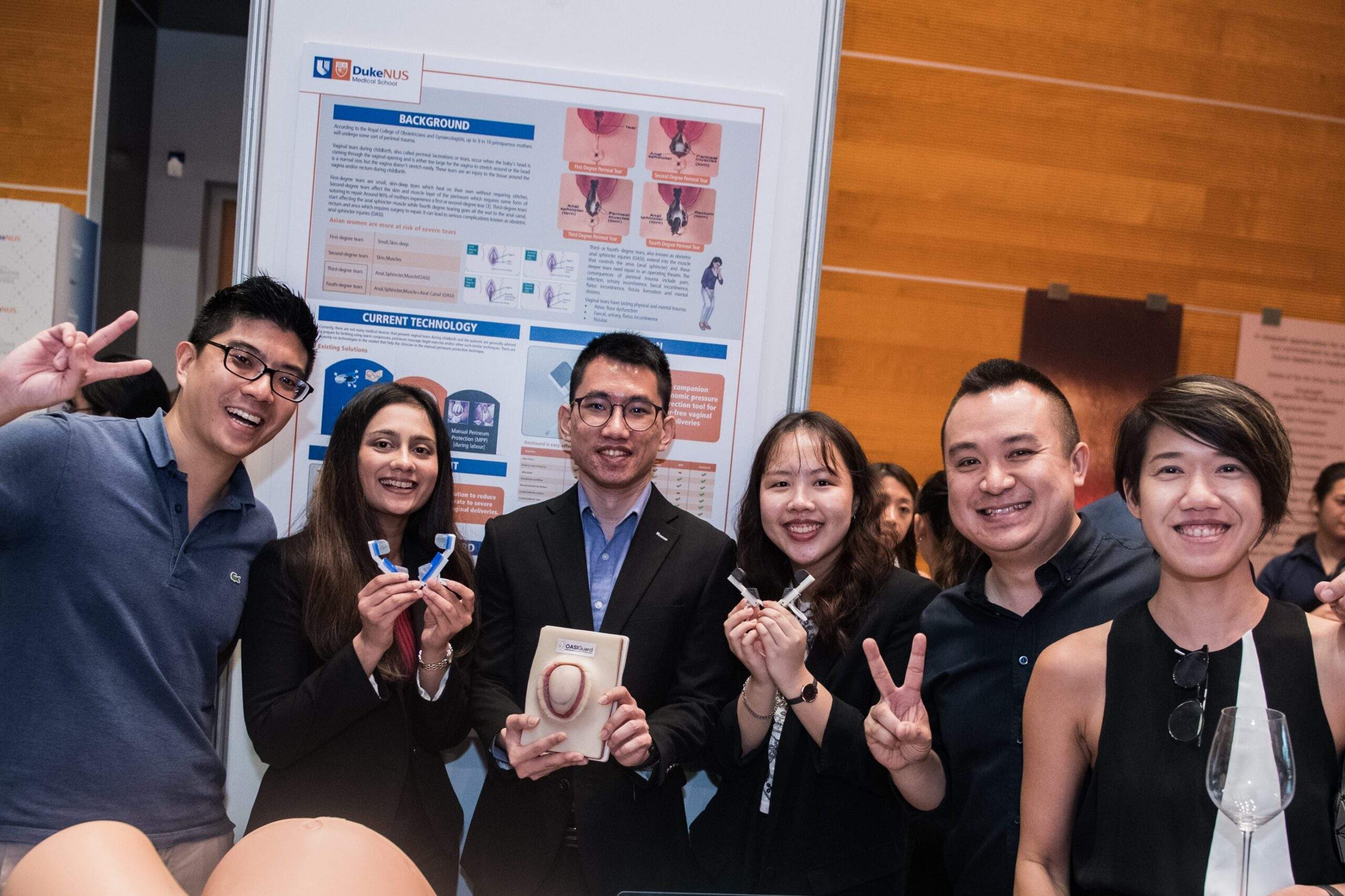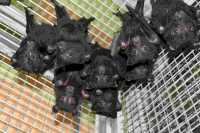Author Interviews, Mental Health Research, Microbiome / 10.02.2025
DUKE-NUS Study Supports Link Between Gut Microbiome and Anxiety Behaviors
MedicalResearch.com Interview with:
Associate Professor Shawn Je
Neuroscience and Behavioural Disorders Programme,
Duke-NUS Medical School
MedicalResearch.com: What is the background for this study? What questions were you trying to address?
Response: The project started in 2013 when I met Professor Sven Petterson, then a visiting professor from the Karolinska Institute, during his time at the National Cancer Centre Singapore (NCCS) in Singapore.
At the time, our lab was studying autism, and we discovered that many children with autism also had gastrointestinal problems. This sparked my interest in the relationship between gut microbiota and brain disorders.
Professor Petterson had already established a germ-free facility at NCCS to study the link between cancer and gut microbiota. I asked him if he could create germ-free C57BL/6 mice, a strain often used to study learning, memory and brain disorders. After developing the mice, we subjected them to behavioural testing at the Duke-NUS Behavioural Phenotyping Facility to assess their emotional responses (fear, anxiety, depression), cognitive abilities (learning and memory), and social interactions.
We were surprised to find that the germ-free C57BL/6 mice exhibited increased anxiety, although no significant changes in social behaviours typical of autism were observed.
Anxiety was assessed using tests in which mice were placed in an elevated arena with open and closed sections, and the time spent in each area was measured. The increased anxiety in these germ-free mice had not been reported before, so we repeated the tests several times to confirm the findings.
Interestingly, other researchers had observed hyperactivity in germ-free mice of different strains, but our C57BL/6 mice showed unusual anxious behaviour, even though this strain typically has lower anxiety.
This led us to investigate the underlying mechanisms behind the increased anxiety in these mice, with the goal of discovering why this particular strain exhibited such pronounced anxiety.
(more…)











